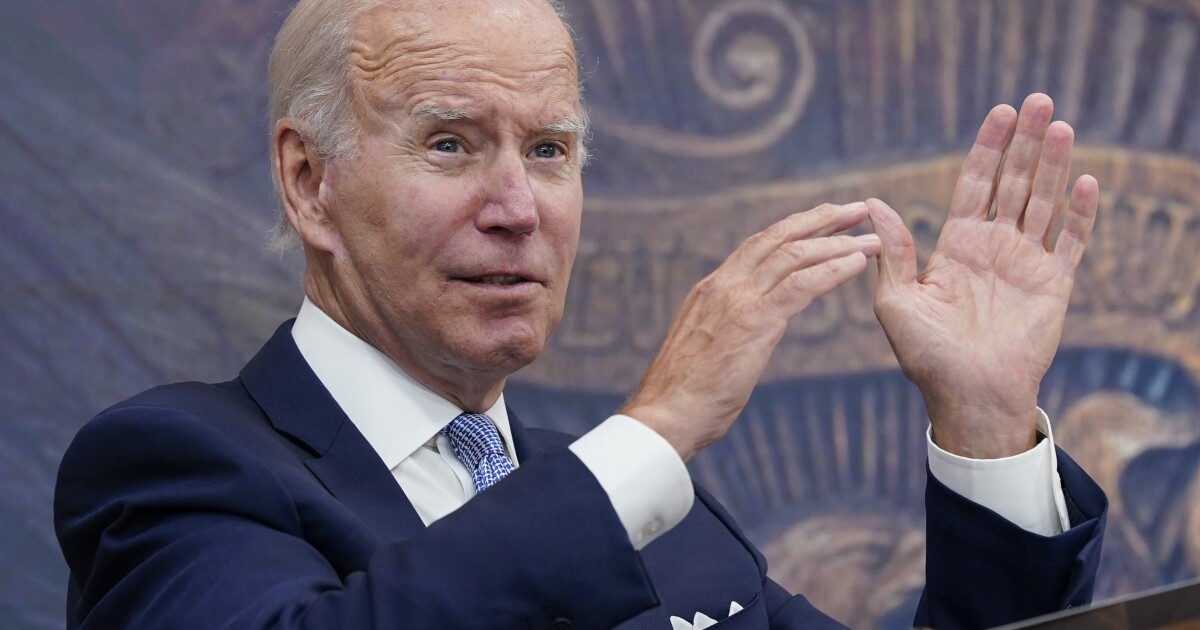

House Democrats are set to pass the Inflation Reduction Act on Friday, securing a huge win for the party and President Joe Biden’s agenda just months before the midterm elections in November.
After more than a year of intraparty clashes and doubts about whether the spending legislation would make it through Congress, the vote on Friday is expected to be drama-free and without surprises. Democrats from all corners of the party have praised the bill for taking aggressive climate action, lowering medical costs, and decreasing the deficit, while Republicans blasted it as irresponsible to pass such a large spending bill during a recession.
THE WINNERS AND LOSERS IN THE INFLATION REDUCTION ACT
The vote comes less than a week after the Senate passed the bill on Sunday following an intense, all-night series of votes. The legislation’s future has been unclear over the last year as Senate Democrats sought to get centrist Sens. Joe Manchin (D-WV) and Kyrsten Sinema (D-AZ) on board. However, it’s likely the vote on Friday will pass without any defections from House Democrats.
“If you can get Bernie Sanders and Joe Manchin and Chuck Schumer and Kyrsten Sinema all to vote for something … I’ve gotta believe this is going to pass,” said Rules Committee Chairman Jim McGovern (D-MA) on Thursday. “I don’t know of any Democrats that are going to defect.”
The push to pass the bill without any drama could be due in part to the fact that Democrats are astonished they get to vote on the legislation at all. Just weeks ago, the prospects of passing the massive spending bill seemed grim due to Manchin’s concerns about rising inflation.
CLICK HERE TO READ MORE FROM THE WASHINGTON EXAMINER
The consumer price index analysis for July found that inflation over the past year was 8.5%, down from June’s 9.1%. While still high, the fact that inflation didn’t worsen over the last month may ease the already near-assured passage along party lines in the House on Friday.
The measure will seek to reduce the country’s deficit by $300 billion over the next 10 years. Among its provisions, it will expand health insurance subsidies, increase funding for the Internal Revenue Service, and offer financial incentives to companies that prioritize renewable energy.






